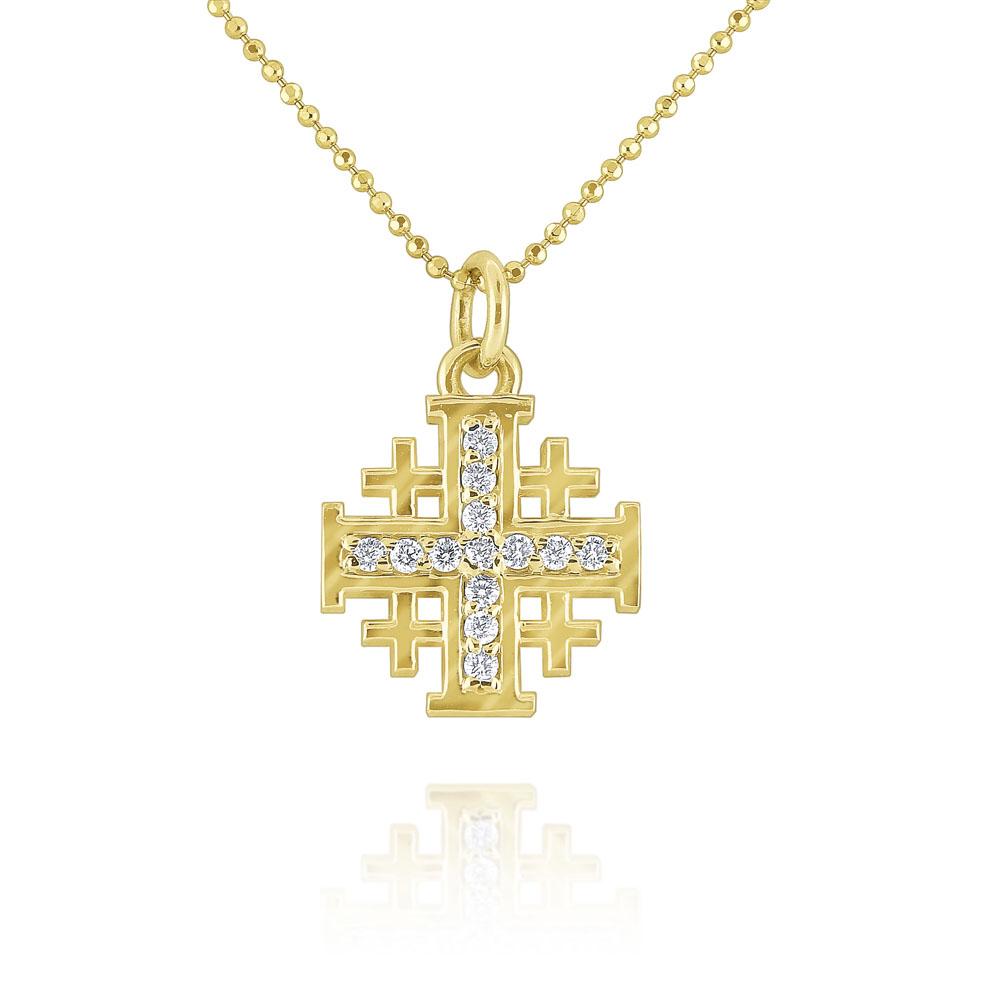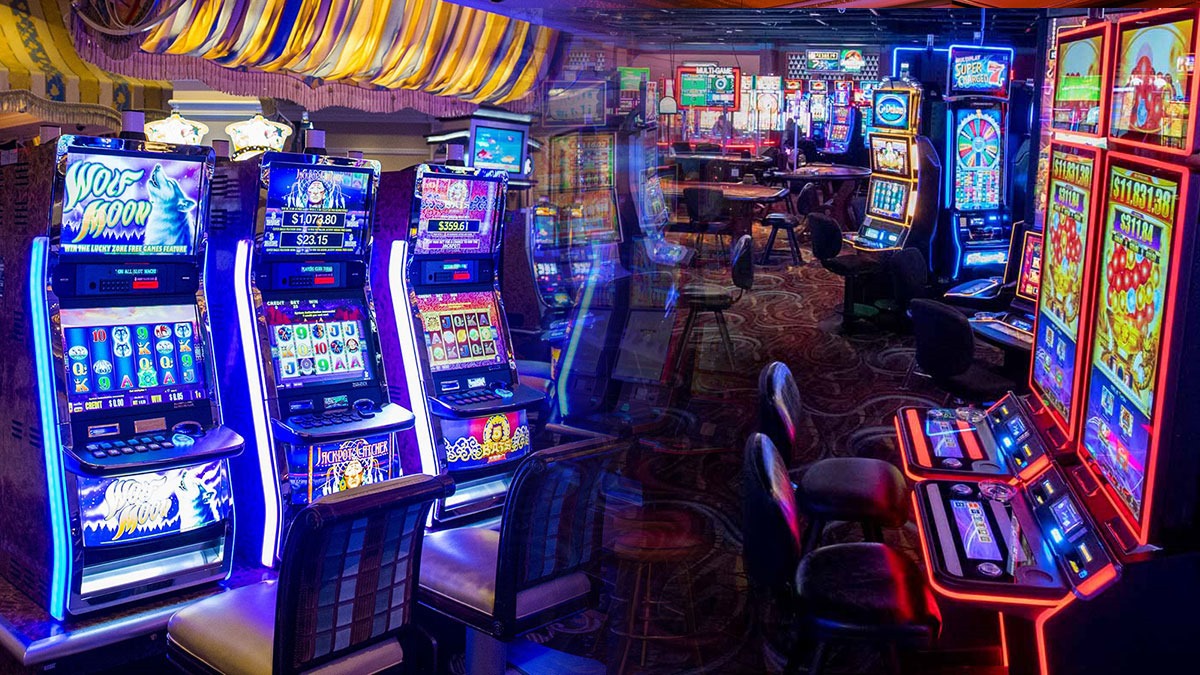
Jerusalem, a city rich in history and spiritual heritage, has inspired countless artistic expressions throughout the centuries. Among its most iconic symbols are the Jerusalem crosses, a motif that represents faith, culture, and history in a unique and visually compelling way. The Jerusalem Art Museum offers a rare opportunity to explore these crosses, allowing visitors to appreciate their intricate designs, historical significance, and enduring cultural impact. In this article, we delve deep into the world of Jerusalem crosses, guiding you through their history, symbolism, and the captivating displays at the museum.
The History of Jerusalem Crosses
The Jerusalem cross is more than just a decorative motif; it is a symbol with deep historical roots. Characterized by a large central cross surrounded by four smaller crosses, it has been associated with the Crusades and the Christian Kingdom of Jerusalem established in the 11th century.
Origins and Early Use
The first known depiction of the Jerusalem cross appeared in the medieval period, often on coins, banners, and religious manuscripts. It represented the idea of Christ’s dominion spreading to the four corners of the world, symbolized by the four smaller crosses surrounding the central cross. Over time, this emblem became an enduring representation of Jerusalem itself and the Christian pilgrimage to the Holy Land.
Evolution Through Centuries
Throughout the centuries, the Jerusalem cross evolved in form and usage. In the Byzantine era, it appeared in mosaics and ecclesiastical art. During the Crusades, it was prominently displayed on banners and shields, serving as a powerful emblem of Christian presence in Jerusalem. Modern interpretations of the Jerusalem cross continue to reflect both religious devotion and cultural pride, often seen in jewelry, art, and museum collections around the world.
Symbolism and Meaning
Understanding the symbolism behind Jerusalem crosses adds depth to the appreciation of their beauty and significance.
Central Cross: Faith and Redemption
The central cross represents the crucifixion of Jesus Christ and serves as a universal symbol of faith and redemption. Its prominent placement in the design signifies the central role of Christianity in Jerusalem’s history and culture.
Four Smaller Crosses: The Spread of Christianity
The four smaller crosses surrounding the main cross symbolize the spread of Christianity to the four corners of the world. They also represent the four Gospels, reinforcing the connection between faith, scripture, and the city of Jerusalem.
Cultural and Artistic Interpretations
Beyond religious symbolism, Jerusalem crosses are celebrated for their artistic qualities. They have been crafted in various materials, including gold, silver, stone, and wood. Each design tells a story, reflecting the era, craftsmanship, and cultural influences of its time. The Jerusalem Art Museum’s collection captures this diversity, showcasing both historical and contemporary interpretations.
Jerusalem Crosses in Art and Architecture
The influence of Jerusalem crosses extends far beyond religious artifacts. They have been a recurring motif in architecture, textiles, and decorative arts.
Architectural Significance
Many historical churches and cathedrals incorporate Jerusalem crosses into their design. From stained glass windows to carved stone facades, the motif often serves as a focal point, enhancing both spiritual and visual impact. At the Jerusalem Art Museum, visitors can explore miniature architectural models and detailed reproductions highlighting the cross’s integration into sacred spaces.
Decorative Arts and Manuscripts
Jerusalem crosses frequently appear in illuminated manuscripts, metalwork, and ceremonial objects. During the medieval period, craftsmen meticulously engraved the cross onto reliquaries, chalices, and ceremonial garments, demonstrating both technical skill and devotion. Contemporary artists continue to reinterpret the cross, blending traditional symbolism with modern aesthetics.
Experiencing Jerusalem Crosses at the Jerusalem Art Museum
The Jerusalem Art Museum provides a unique opportunity to immerse yourself in the rich history and artistry of Jerusalem crosses.
Curated Exhibitions
The museum features dedicated exhibitions that trace the evolution of the Jerusalem cross from its origins to modern interpretations. Visitors can view rare artifacts, including medieval coins, ancient manuscripts, and intricately crafted crosses. Detailed descriptions accompany each piece, providing historical context and artistic insights.
Educational Programs and Tours
For those seeking a deeper understanding, the museum offers guided tours and educational programs focused on the symbolism and history of Jerusalem crosses. These programs cater to all ages, making the experience both informative and engaging. Students, researchers, and art enthusiasts alike can benefit from interactive sessions that highlight the cross’s religious, cultural, and artistic significance.
Photographic and Interactive Displays
The museum also embraces modern technology, with interactive displays and high-resolution photography allowing visitors to examine the intricate details of each cross. This digital approach enables a closer look at craftsmanship that may otherwise be difficult to appreciate in person.
Why Jerusalem Crosses Remain Relevant Today
Even in the modern era, Jerusalem crosses continue to captivate audiences. Their enduring relevance can be attributed to several factors.
Spiritual Significance
For many, the Jerusalem cross remains a symbol of faith, hope, and spiritual connection to the Holy Land. Pilgrims and visitors often view it as a tangible link to centuries of religious tradition.
Artistic Inspiration
Artists and designers draw inspiration from the cross’s geometric elegance and historical resonance. Jewelry designers, sculptors, and contemporary painters frequently incorporate the motif into their work, bridging ancient symbolism with modern creativity.
Cultural Identity
The Jerusalem cross is also a symbol of cultural heritage, representing the city’s rich history and diverse religious traditions. Its presence in museums, art, and public spaces serves as a reminder of Jerusalem’s enduring influence on world culture.
Visiting the Jerusalem Art Museum
Exploring Jerusalem crosses at the museum is an enriching experience that combines history, art, and spirituality.
Planning Your Visit
The Jerusalem Art Museum is conveniently located in the heart of the city, making it accessible to both tourists and locals. Visitors are encouraged to check the museum’s website for opening hours, ticket information, and upcoming exhibitions to plan their visit effectively.
Special Exhibitions
The museum frequently hosts temporary exhibitions that focus on specific aspects of Jerusalem crosses, such as medieval craftsmanship or modern reinterpretations. These exhibitions offer fresh perspectives and often include lectures or workshops led by experts in art history and religious studies.
Enhancing Your Experience
To fully appreciate the Jerusalem crosses, consider joining a guided tour or participating in one of the museum’s interactive programs. Photography and sketching are encouraged, allowing visitors to capture the intricate beauty of these historical artifacts.
Conclusion: A Journey Through History and Art
Jerusalem crosses are more than mere symbols; they are a testament to centuries of faith, artistry, and cultural identity. At the Jerusalem Art Museum, these crosses come alive, offering visitors a unique window into the city’s spiritual and artistic legacy. Whether you are an art enthusiast, a history buff, or a spiritual seeker, exploring Jerusalem crosses provides an enriching experience that connects the past with the present.
Visiting the museum allows you to appreciate the craftsmanship, symbolism, and enduring beauty of these iconic crosses. Don’t miss the opportunity to immerse yourself in this captivating journey and witness firsthand how Jerusalem crosses continue to inspire and resonate across generations.




